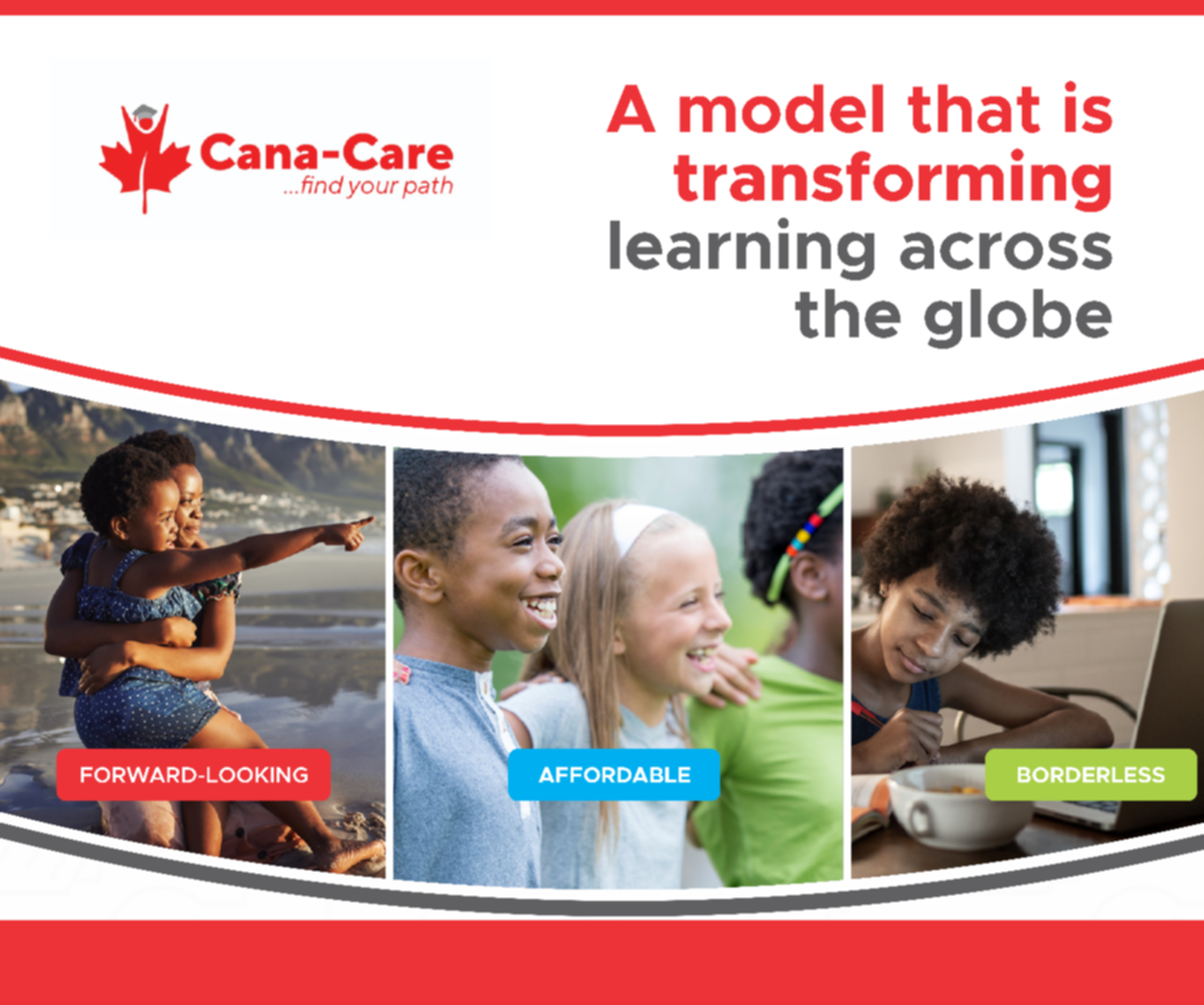
‘The mind, once stretched by a new idea, never returns to its original dimensions.’
-Ralph Waldo Emerson.-
I trust that you enjoyed the first part of this conversation in the July edition of this delightful publication. (Do check it out, if you haven’t.) We proceed, in this edition.
My decision to go against popular expectation (by refusing to enroll in the Sciences at senior secondary level) helped me to appreciate the extent of discrepancy in the perception of the Science/Arts/Commercial classes. (Are statements like, ‘Science students are the smartest, those who study the Arts have limited options and those who go to Commercial class are likely to become traders’ familiar?) Going further to the university, I saw the links between this discrepancy and the beef between ‘get a job’ proponents as well as ‘start a business’ proponents.
Even though some people argue that the school system creates dummies who search for the ‘(one) right’ answer, the interesting irony is that school subjects reflect the truth about the existence of multiple intelligences or competences in humans. These could be classified as: numerical, verbal, spatial, emotional and even financial. Each subject or course teaches a measure of each or a combination of some, reflected in what demands are placed on students in different situations. However, each person has greater dimensions of one or two competences. The Science/Arts/Commerce alternatives were an attempt to distinguish those who harboured one, in greater measure, from the others.
As time has gone by, we have had to accept that competences could (and do) overlap. For instance, taking a skill aptitude test may require numerical competence, verbal competence or both. However, occupying a student leadership office demands emotional, financial, social and even verbal competences. Even IQ tests are gradually being modified and questioned.
SIMILAR ARTICLES: Life Lessons From Being A Student
Gambling Life Away
The School of Hard Knocks
What a person studied may not be what he or she would end up practising. Of course, STEM appears to be the star of the show in the 21st Century. However, it is out of place to assume that other fields of endeavour lack relevance. Some questions to ask are, ‘Is there only one path to lasting success and fulfillment?’ In fact, there are so many questions in this article.
Have we stopped to ponder how many choices we make consciously, these days? How many come from confidence in our very purposes, as determined by our creator? Is fulfillment defined by belonging to one stratum of society? Is dignity restricted to one way of living?
A crucial question about entrepreneurship is, how many of us understand and are ready to bear its lows and highs? Is it bad if someone decides to settle for a job that he or she feels will meet his or her needs? Is it possible for self actualisation to be sacrificed in favour of survival? Have we stopped to think about the possibility that the need to measure up is one of the fuels for vices like examination misconduct?
School has its flaws. It may not truly prepare people for work; especially as we know it today. However, it hints subtly at the fact that situations require distinct or combinations of capacities, each of which can be developed and maximised.
Think about this. ‘There is no pride in being an entrepreneur and no shame in being an employee.’ Stephen Oluwatobi.
PHOTO: www.knowbaseconsult.com
























































 EduTimes Africa, a product of Education Times Africa, is a magazine publication that aims to lend its support to close the yawning gap in Africa's educational development.
EduTimes Africa, a product of Education Times Africa, is a magazine publication that aims to lend its support to close the yawning gap in Africa's educational development.


